Prof. Ibrahim Gambari, the Chief of Staff to ex-President Muhammadu Buhari and former Under-Secretary-General of the United Nations, has been designated to head an Election Observation Mission (EOM) of the Economic Community of West African States (ECOWAS) consisting of 120 members to Senegal’s rescheduled presidential election scheduled for March 24, 2024.
Gambari, a one-time Nigeria’s Foreign Minister, was appointed on Tuesday, according to a statement given to Persecondnews.
The ECOWAS Commission stated that 14 Long-Term Observers (LTOs) with a variety of expertise in areas including media, gender and inclusivity, political analysis, election operations, constitutional and electoral law, and conflict management and prevention are part of the Mission.
According to the statement, 106 of their Short-Term colleagues would deploy with them this week. This is in front of the pivotal election on March 18, which will include 19 presidential candidates—including one woman—in the race for the presidency.
The ECOWAS Council of the Wise, the ECOWAS Parliament, the Community Court of Justice, the Member States’ Ministries of Foreign Affairs and Election Commissions, and regional civil society groups comprised the pool of short-term observers.
The statement also stated that an ECOWAS Technical Team headed by Ambassador Abdel-Fatau Musah, Commissioner for Political Affairs, Peace and Security, and Mr. Serigne Ka, acting Head of the ECOWAS Electoral Assistance Division (EAD), would assist the EOM in monitoring and supporting the electoral process to guarantee best practices.
According to the statement, the EOM’s deployment to Senegal was approved by Dr. Omar Alieu Touray, President of the ECOWAS Commission, in accordance with Articles 12 to 14 of the regional Supplementary Protocol on Democracy and Good Governance, which supports member states’ holding of elections.
In accordance with Article 13 of the Supplementary Protocol, the Commission President also sent a fact-finding team to Senegal before to the election, which took place from November 26, 2023, to December 3, 2023.
The National Electoral Commission, CENA, political parties, government representatives, and non-state actors were among the political stakeholders that the mission interacted with.
From the estimated 18,032,473 people in the country (49.4% females and 50.6 percent males), 7,033,854 people are registered to vote. This number is marginally higher than the 6.7 million people who cast ballots in the 2019 presidential election, which saw a voter turnout of roughly 66% when outgoing President Macky Sall won reelection with 58% of the vote.
Sall is not running for office in the election that was first planned for February 25, 2024.
Prior to the democratic transformation wave of the 1990s, Senegal was one of the first nations in sub-Saharan Africa to hold multi-party presidential elections in 1978. Approximately 338,040 Senegalese in the diaspora registered to vote in this year’s election.
The nation has kept holding elections for the president and legislature, which have occasionally been tense politically but have not posed a serious threat to the stability of the nation’s institutions.
On March 9th, a Sunday, electioneering began. Official voting hours are from 8 a.m. to 6 p.m. at 15,633 polling places out of 6,341 polling places located throughout the 14 regions of the nation, including Dakar, the capital.
The Constitutional Council has certified 19 candidates for president, including former prime minister Amadou Ba, seasoned opposition figure Idrissa Seck, and former mayor of Dakar Khalifa Sall.
Anta Babacar Ngom, an entrepreneur, is the sole female contender. The second, Rose Wardini, a gynaecologist, withdrew from the competition prior to the race’s scheduled date of March 24, 2024, due to claims that she possesses two citizenships.
Fifteen days following the official announcement of the first round results, the two front-runners would compete in a run-off vote if none of the nineteen candidates received an absolute majority of the vote.
ECOWAS Moves to Eliminate Barriers in West African Palm Oil Industry
In the meantime, ECOWAS called a meeting of stakeholders to develop methods to remove industry barriers, which is a step towards increasing palm oil output and sales in the sub-region.
Red gold, or palm oil, is native to West Africa, but due to a number of obstacles, the region’s significance has declined and it now frequently depends on imports to even fulfil its needs, even though it can be produced in large quantities without issue.
Massandje Toure-Litse, the Commissioner of Economic Affairs and Agriculture for the ECOWAS Commission, stated during the Meeting of the Free Movement of Palm Oil under the ECOWAS Preferential Tariff Regime (ECOWAS Trade Liberalisation Scheme, ETLS) in Abuja that the meeting was unavoidable in order to determine how to address the issues that the sub-region’s palm oil industry was facing.
Toure-Litse stated that one of the difficulties in the trade of palm oil in the area is taxes, noting that tariffs in commercial dealings inside the ECOWAS ETLS have been eliminated.
She went on, “We know that under ECOWAS law, goods produced in our region should be free of tax, but some products will go to some countries and the countries will ask them to pay tariffs.”
“All nations are cordially invited to participate in a dialogue aimed at resolving the challenges surrounding the commercialization of palm oil in the area.” Ivory Coast, Togo, Benin, Nigeria, Ghana, and Liberia are the nations invited.
Salifou Tiemtore, the Director of Customs, Union, and Taxation for the ECOWAS Commission, expressed regret that West African nations are not producing enough palm oil to meet the demands of their members, but he also stated that there is an urgent need to boost production and make sure that obstacles affecting the sector are removed.
“Let me tell you the truth, with the statistics we have up to now, we still need to import palm oil,” Tiemtore remarked. There is not enough of what we are creating for our own needs.
“A nation like Nigeria has the capacity to double its palm oil production, but we need to put some incentives in place so that Nigeria can cover the Nigerian market through ECOWAS ETLS and also go beyond the Nigerian market.”
If enterprises were supported to increase production and utilise the ECOWAS ETLS, he said, the region could meet the needs of member nations.
Despite the ETLS’s amazing performance, Ambassador Yakubu Dadu, Head of the ECOWAS National Unit at the Ministry of Foreign Affairs, stated in his welcome speech that “we find ourselves facing challenges within the pivotal palm oil sector.”
“The stability and growth potential of the sector are at risk due to origin-related disputes among Member States affecting the cross-border movement of palm oil.
“We have gathered here today in recognition of these challenges, bound by a common commitment to have candid conversations that would strengthen and safeguard the palm oil sector, guaranteeing its resilience against external competition.”














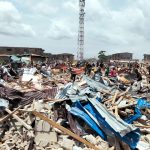
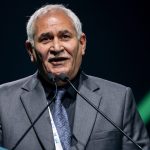
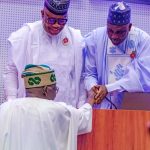



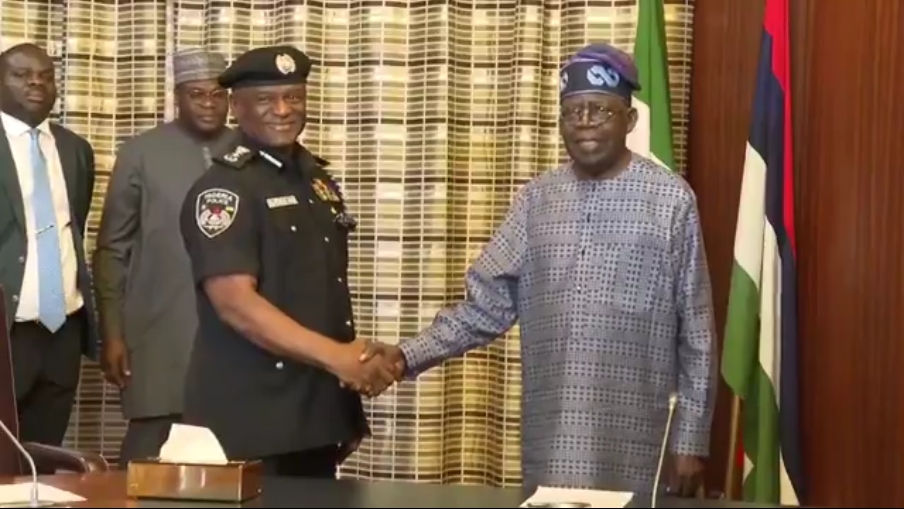
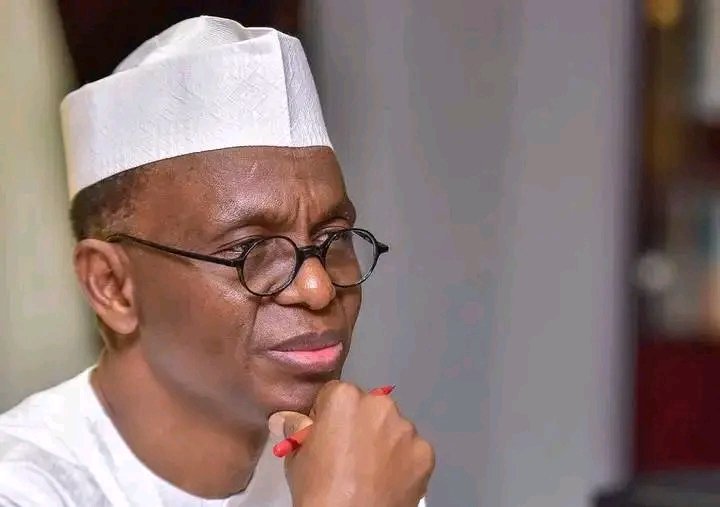
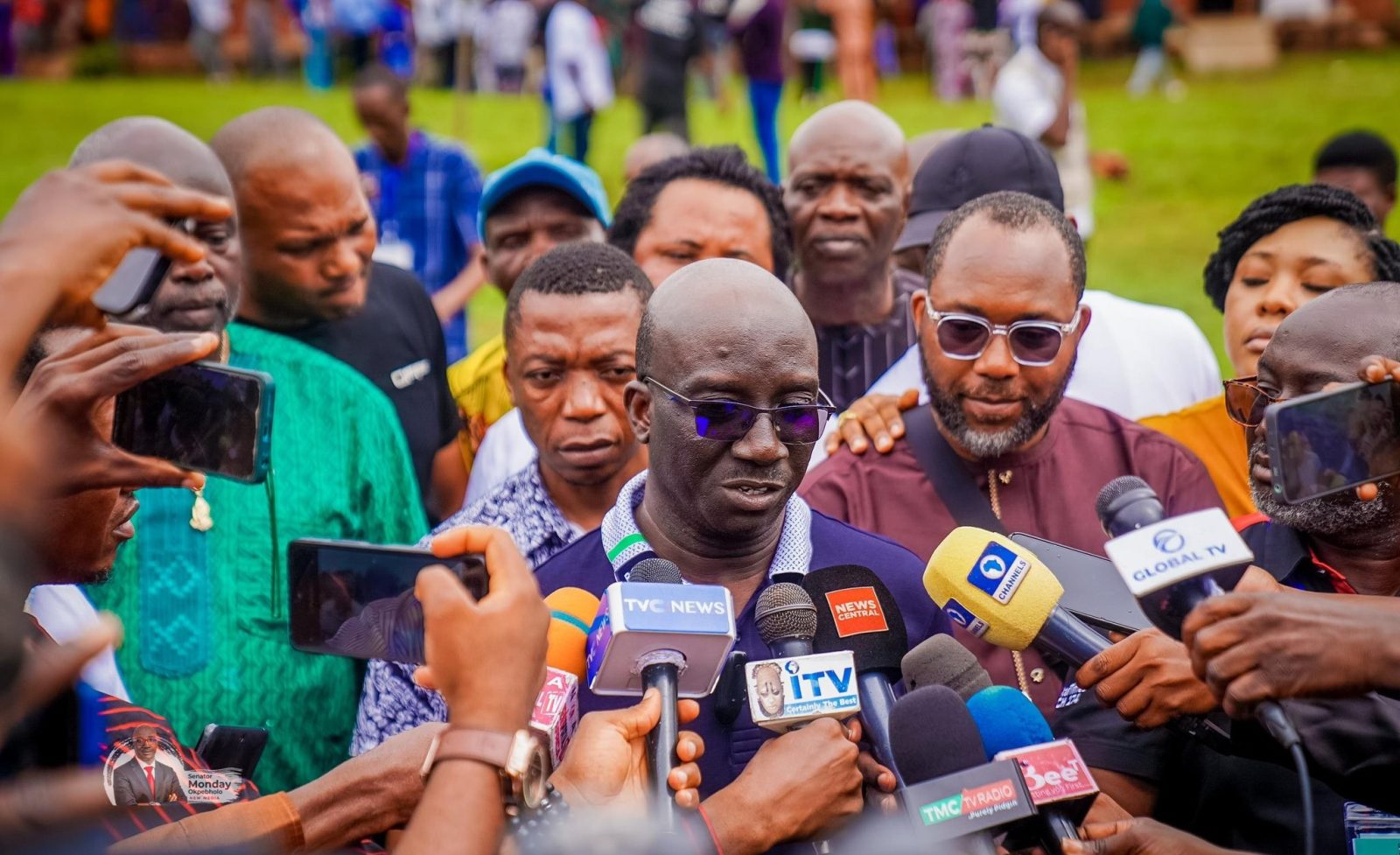
Leave a comment